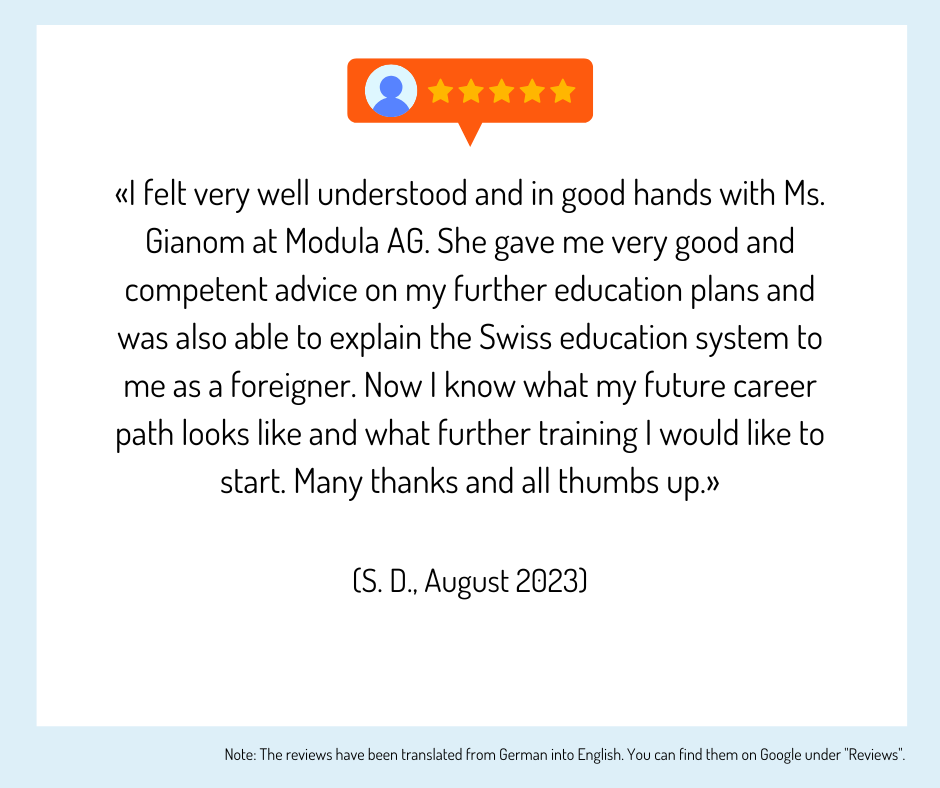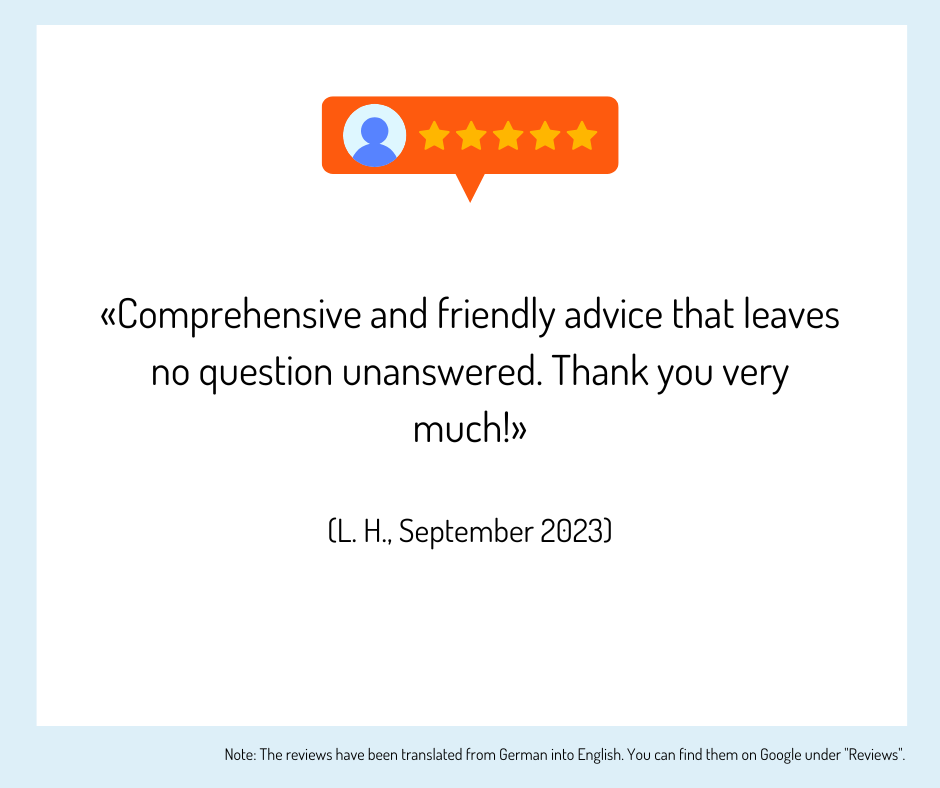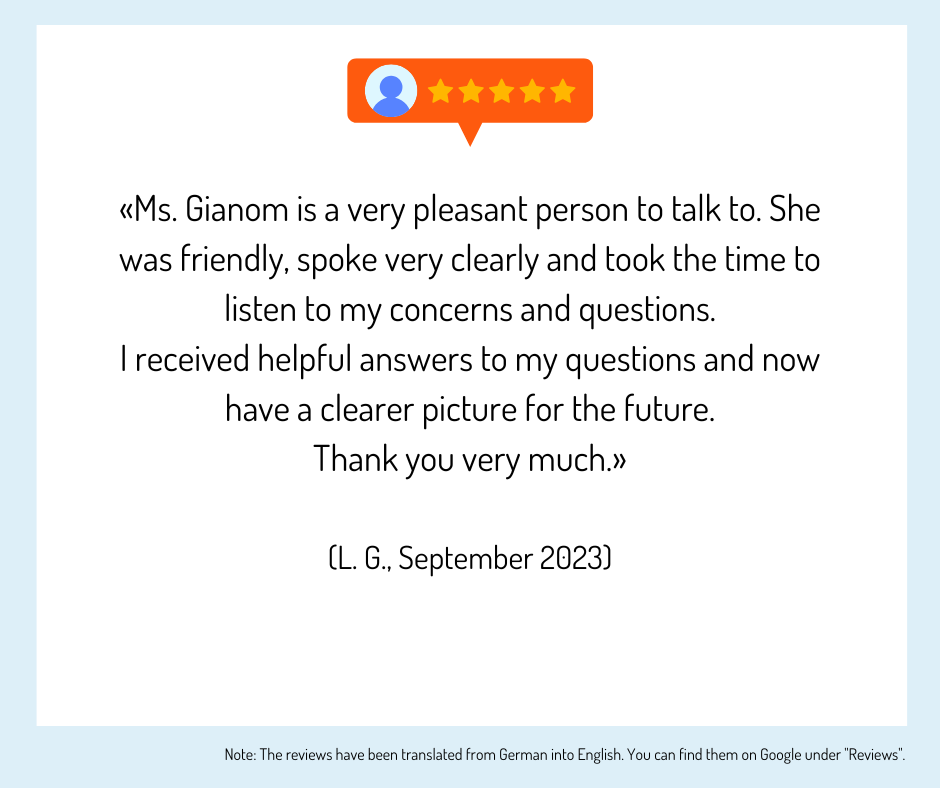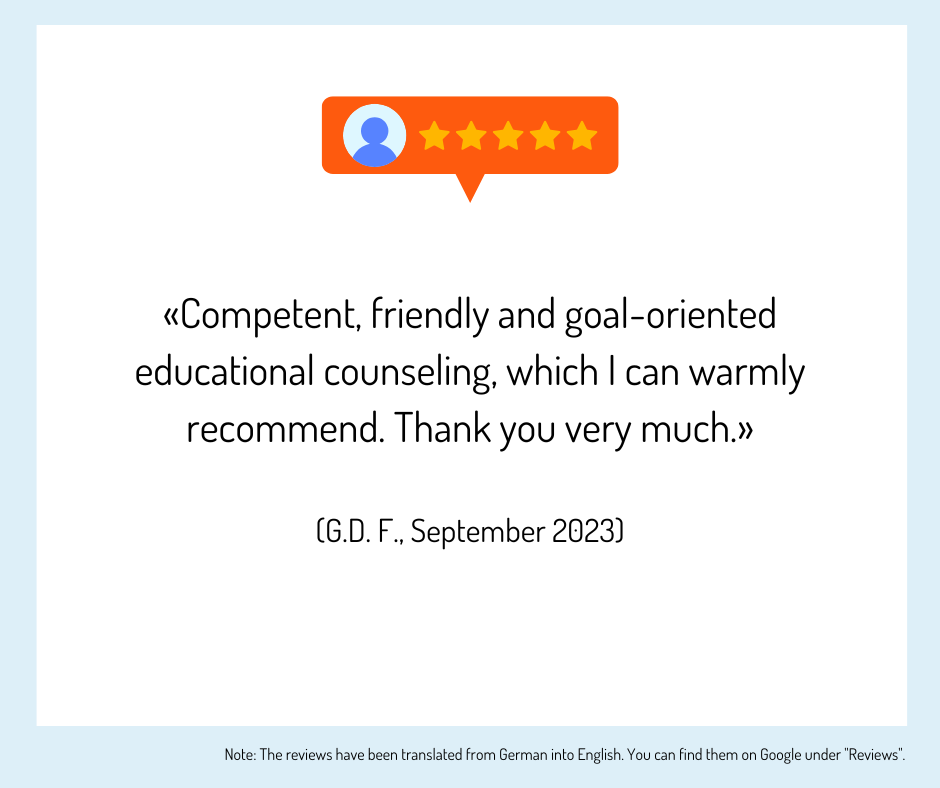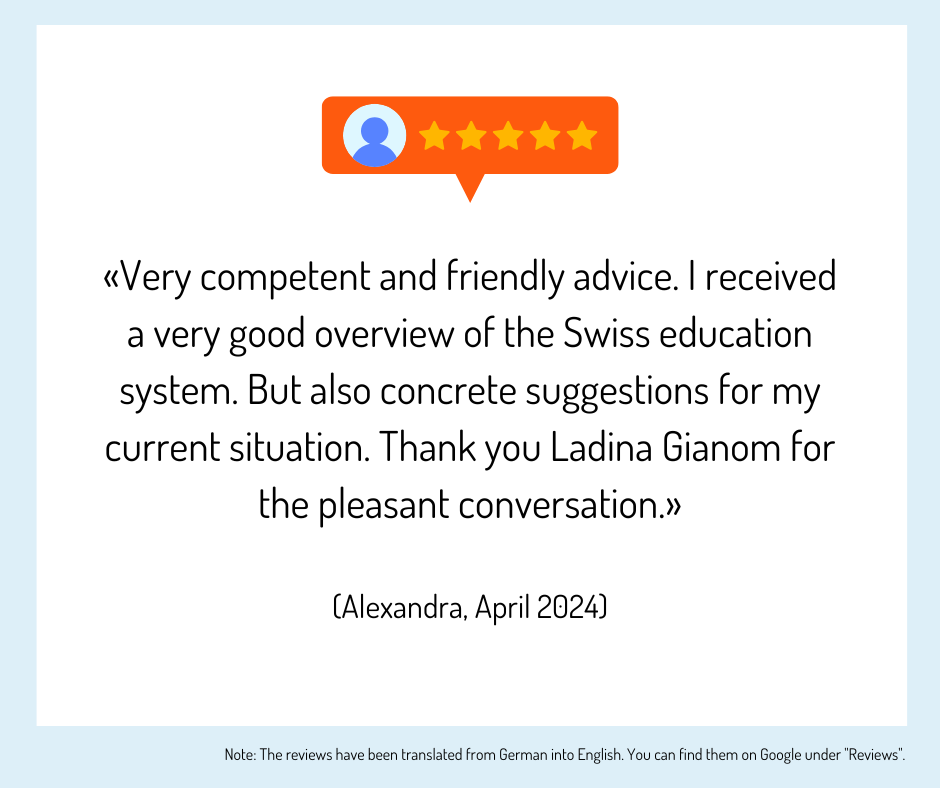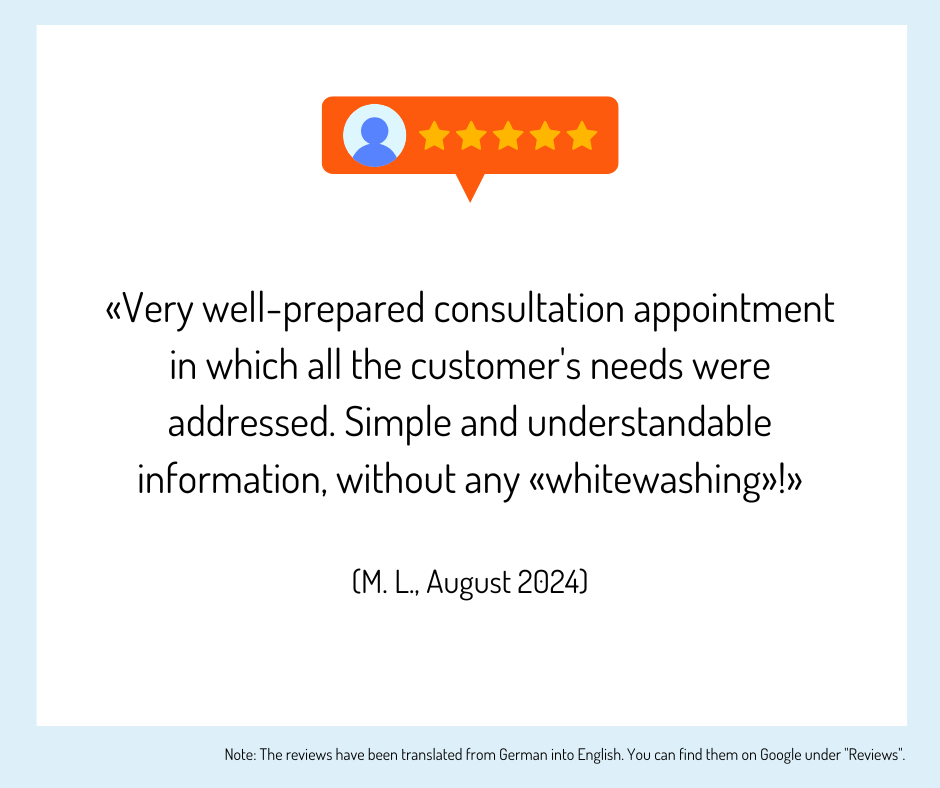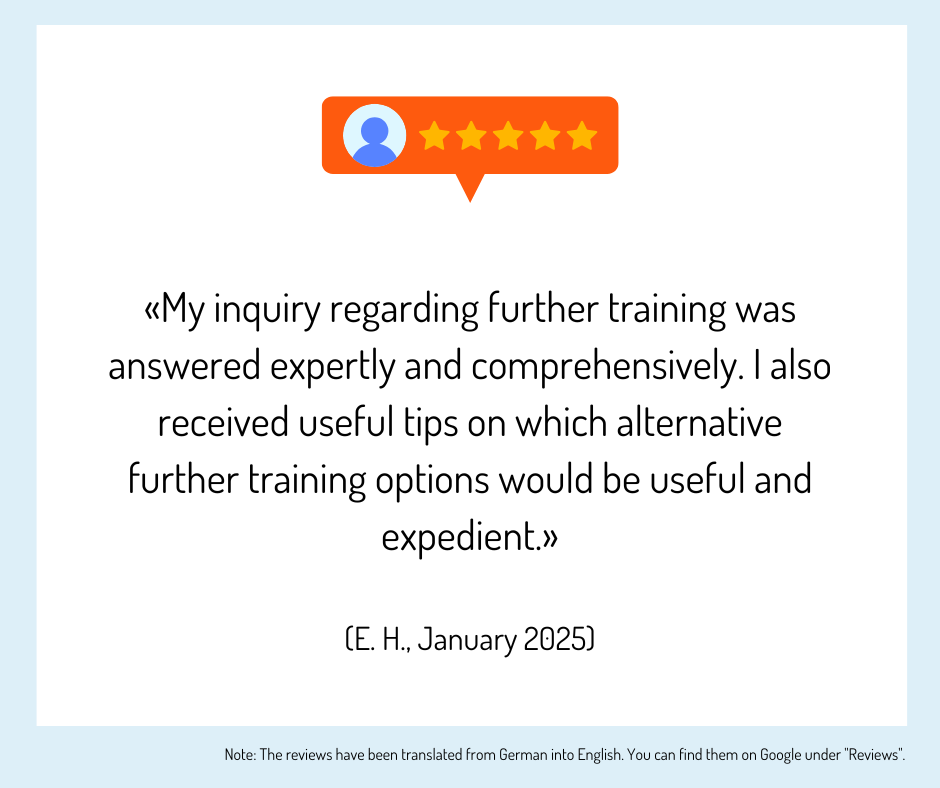Internet of Things (IoT): course, training, further education, overview of providers and offers
IoT course: Internet of Things for seamless communication between people, processes and things
Questions and answers
IoT areas of application: What are IoT devices?
IoT devices can be everyday objects such as smartphones, washing machines, refrigerators, vehicles, TVs or security systems. However, IoT devices can also be larger machines and systems such as airplanes, industrial machines, engines or entire oil platforms. IOT application areas use machine learning algorithms to analyze huge amounts of sensor data in the cloud. Warnings, failures, performance figures and other information can be detected in real time in IoT applications. With the help of IoT applications, automatic corrections and proactive countermeasures are possible. IOT application areas are therefore, for example
- Efficiency in production by monitoring systems and product quality
- Improved tracking and containment of physical assets
- Monitoring employee health, occupational safety and environmental conditions
- Increase efficiency and identify new opportunities in existing processes
- Enabling changes to business processes
Internet of Things examples: How does IoT work?
If we look at Internet of Things examples, IoT works best where companies benefit from using sensors and IoT technologies in business processes:
- Production - competitive advantage through production monitoring, proactive maintenance and automatic quality inspection (reduction in operating costs, increased availability, improved performance management)
- Automotive industry - failure warnings in moving vehicles with detailed information and behavioral recommendations for the driver (more reliable cars, correct behavior in an emergency)
- Transport and logistics - weather conditions, vehicle availability, temperature regulation for transported goods or driver availability (logistics optimization)
- Retail - warehouse management, improve customer experience through targeted offers, ensure availability of goods in the rack (optimize supply chain, reduce operating costs)
- Public sector - information on mass outages or supply interruptions for water, electricity or wastewater (resolve outages faster)
- Healthcare - monitor locations of equipment and find them quickly (proper use, financial accounting of each department)
- Safety - improving occupational safety and advance warning in the event of accidents (rapid notification in accident situations)
Internet of Things definition: What is IoT?
The IoT definition in English - written out Internet of Things - means Internet of Things. This is the term for the network of physical objects and things that use integrated technologies (sensors, software, etc.) to connect with other devices and systems via the data exchange network. According to the Internet of Things definition, IoT devices can also be household objects, vehicles or industrial tools.
IoT Wiki: IoT, what is it?
IoT means Internet of Things (IoT) and, according to the IoT Wiki, is also an omni-network. These are technologies of a global infrastructure of information societies for the collaboration of different objects via modern information and communication technologies. This supports people in their work, monitors production processes and optimizes business processes. For example, the Internet of Things warns of problems or failures in good time so that a response can be made before an entire production line comes to a standstill.
IoT Switzerland: Internet of Things explained simply?
Internet of Things simply explained is: IoT simply explained means a network of Internet-connected devices that transmit embedded sensor data to a cloud for central processing. According to IoT Switzerland, meaningful, usable insights can be gained from the data once it has been collected and analyzed. There are numerous methods for connecting IoT devices, such as Wi-Fi, Bluetooth, LTE and satellite connections.
Erfahrungen, Bewertungen und Meinungen zur Ausbildung / Weiterbildung
Haven't found the right training or further education yet? Benefit from educational advice now!
Further training is not only important in order to maintain or increase professional attractiveness, investing in training or further training is still the most efficient way to increase the chances of a pay rise.
The Swiss education system offers a wide range of individual training and further education opportunities - depending on your personal level of education, professional experience and educational goals.
Choosing the right educational offer is not easy for many prospective students.
Which training and further education is the right one for my path?
Our education advisory team will guide you through the "education jungle", providing specific input and relevant background information to help you choose the right offer.
Your advantages:
You will receive
- Suggestions for suitable courses, seminars or training programs based on the information you provide in the questionnaire
- An overview of the different levels and types of education
- Information about the Swiss education system
We offer our educational counseling in the following languages on request: French, Italian, English
Register now and concretize your training plans.
